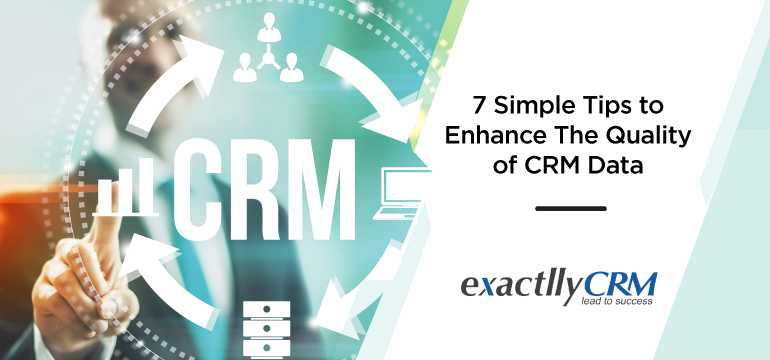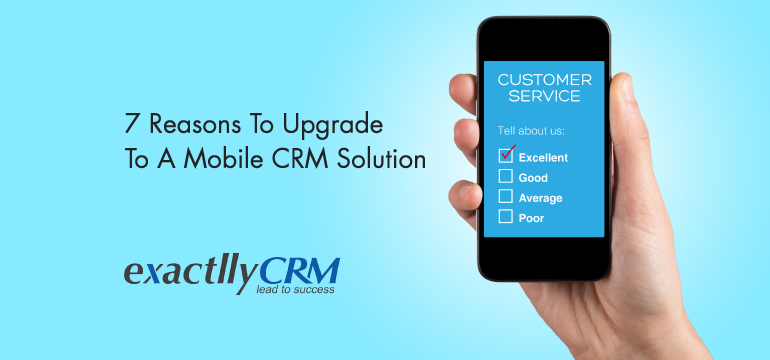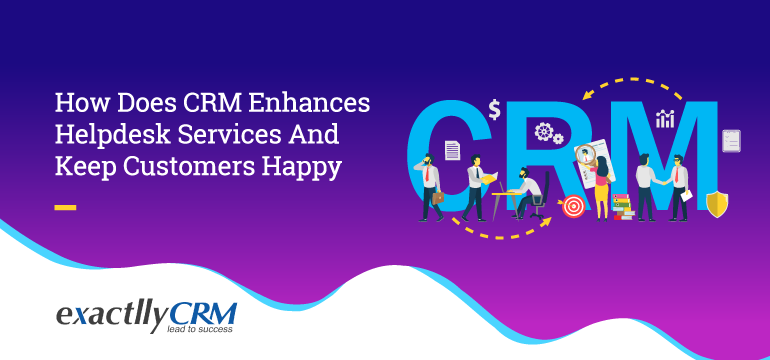What Is Search Intent? How Can It Convert Leads Into Sales

Like previous years, this year too keywords will still continue to play a pivotal role in Search Engine Optimization (SEO). With Google Algorithms constantly making changes for Search Engine Optimization (SEO) and Search Engine Marketing (SEM) today every webmaster, content marketer and website owner must understand the search intent of the user. Interpreting the intent behind a keyword will allow you to create website content or blog content matching with what your user searches for and finally help you become successful in your SEO and SEM efforts
What is search intent?
Search intent or keyword intent is related to the action people take while conducting specific research. As search engine optimization (SEO) plays a vital role in deciding your ranking in Google and also attracting more traffic to your website, it has become a necessity to understand the search intent of the audience. Needless to say, your ultimate goal is to promote your brand and finally to sell your product or service. But to really convince people, to engage them with your brand, to buy your product or visit your website it’s imperative you create contents to match the keyword intent of the audience.
Now the question is how we, modern marketers can use search intent to their benefit and how it can convert leads into sales?
To understand this you need to find out why is the search intent important?
To satisfy your consumer’s needs and to get organic traffic to your website, it’s important to understand who your users are and what they are exactly looking for. When your users’ intent is clear to you, needless to say, you can create better content and landing pages that fulfill their needs. It’s crucial for every content marketer to know why a user searches for something.
Knowing exactly why a user is searching for something will help you to build your content to answer their query as clearly as possible. Even you can branch out to cover all relevant queries and topics giving the users chances to get information on everything. Your users will undoubtedly be satisfied and they won’t return to a search engine for more information on the same topic.
Determining users search intent?
Search intent analysis allows you to build more strategic lists of keywords and help you to interpret how to best target a given keyword and where it fits into your overall SEO and content marketing strategy. The analysis would help you perform keyword research and cover intent deciding the potential financial value of the keywords. The financial value is determined as low, medium and high. Although searcher intent is not always completely clear and it is not easy to classify keywords as commercial, yet the process is said to have helped marketers reap the rewards in some way or the other.
To determine the user intent there is Google Search Console, a useful collection of tools and resources that assist website owners, webmasters, web marketers and SEO professionals to monitor website performance in the Google search index. The search console provides information on search appearance, search traffic, technical status updates, crawl data etc.
However to determine search intent and target keyword aptly you must understand the search types of the users
We can categorize online searches into three categories: transactional, informational and navigational. For every content marketer it’s vital to understand the types of search, this way you can identify the approach you should take to while optimizing a piece of content of your website.
Types of search
Navigational search or ‘To Go’: This is a type of search query which is dominated by branded keywords. Users undertake this kind of search to find a specific page or site in the search engine. For example, people searching for ‘LinkedIn’ searches on Google instead of going directly to the website LinkedIn.com
Informational search or ‘To Know’: This is a search intent where the user wants to know or find an answer to a particular question. Such intent search keywords include queries like “how to”, “what is”, “where is”, “why do” and other interrogatives.
Transactional or ‘To Do Something’: The is a type of search intent where the user wants to complete an action (conversion) but not restricted to purchase conversation only. This can include activities like lead generation form submission or email sign up etc
There is another type of search query as well and it’s termed as ‘Not To Pay for Something’. These keywords are called “freebie keywords” in the SEO industry and these users are unlikely to convert into leads today or in the near future. Such users always look for a free product, service or resources.
As you can understand that search intent has a significant impact on your Google ranking and as you interpret user’s keyword intent you can easily deliver what your users need the most. Hence, optimizing your content, you’re more likely to rank for target keywords and generate a positive ROI.
This means –
- You attract more visitors to your website
- with relevant content, there’s a reduction in bounce rate
- when Google ranks your site you expand your reach
Over to you
Analyze your users search intent and generate more and more leads and convert them to sales. But, you must always remember when you want the entire SEO process to simplify, you must comprehend the intent behind the keywords you target if you try to rank your content in places with different intent of the search term failure is inevitable.
Exactlly is here to assist you with a customer specific business process. The team here is experienced and simplifies any kind of business operations for varied business verticals.






